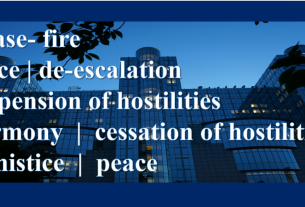The Indian government’s recent actions have drawn widespread condemnation after at least 40 Rohingya refugees—comprising women, children, and elderly individuals—were forcibly deported from New Delhi to Myanmar. These individuals had been detained on May 6, 2025, despite holding United Nations High Commissioner for Refugees (UNHCR) cards, which are typically recognized as proof of refugee status.
According to reports, the refugees were initially transported by air to an offshore naval vessel and subsequently cast into the sea near the India-Myanmar maritime border. While they were provided with life jackets, the refugees managed to swim ashore in Myanmar. However, their current whereabouts and safety remain unknown, raising grave concerns about their well-being in a country where they have previously faced persecution. (AP News)
This deportation has been widely criticized as a violation of international law, particularly the principle of non-refoulement, which prohibits the return of individuals to countries where they may face harm. India, not being a signatory to the 1951 Refugee Convention, has argued that it is not legally bound by such international norms. Nonetheless, human rights organizations assert that India is still obligated under customary international law and the United Nations Convention Against Torture (UNCAT) to refrain from actions that would expose individuals to the risk of torture or inhuman treatment. (AP News, Foreign Policy)
The deportation occurred amid heightened scrutiny of India’s treatment of its Rohingya population. In recent months, there have been reports of increased detentions and deportations of Rohingya refugees, many of whom fled Myanmar to escape violence and persecution. Activists and legal advocates have expressed alarm over the government’s actions, calling for immediate cessation of deportations and for the protection of refugees’ rights. (Refugees International)
In response to these developments, a petition has been filed in India’s Supreme Court, seeking to halt further deportations and ensure the safety and rights of the affected individuals. The court has yet to issue a ruling on the matter, leaving the future of the detained refugees uncertain. (Uni India)
This incident underscores the urgent need for India to establish a clear and humane refugee policy that aligns with international human rights standards, ensuring the protection and dignity of all individuals seeking refuge within its borders.



